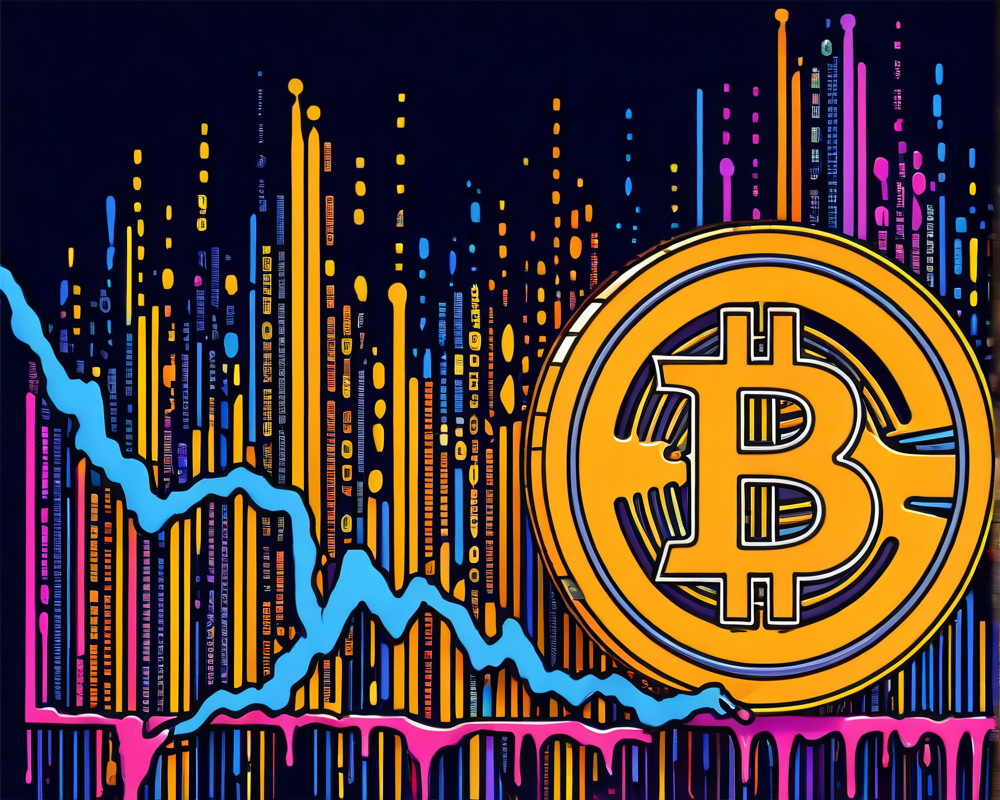The Decentralization Debate: Solana in the Crosshairs
Solana has been the talk of the town—or at least the blockchain watering hole—thanks to its power-packed DeFi capabilities and the heated debate surrounding its decentralization. A firm named Unstoppable Finance has leaped into the fray, crying out that Solana is more decentralized than critics claim. If only it were that simple, right?
Validator Count: Quantity Over Quality?
First up in Unstoppable’s arsenal is the impressive number of active validators on the Solana network. They argue that Solana’s validator army rivals Ethereum’s, suggesting a distribution of power that points to a healthy level of decentralization. But hold your horses! Numbers alone don’t tell the whole story. Critics counter, questioning whether having more validators automatically equates to true decentralization. Think of it as having a crowd at a concert; just because there are more people doesn’t mean they’re all getting the same experience.
Nakamoto Coefficient: Is It a Magic Number?
Unstoppable Finance also touts Solana’s Nakamoto coefficient—a measure designed to assess staking distribution—as a sign of decentralization. They argue that it surpasses chains like Cosmos and Near Protocol. But let’s be honest: calling it a “coefficient” sounds impressive, but does it really show the network’s robustness? Some argue that a high Nakamoto coefficient can be as shaky as a two-legged stool in a windstorm if not supported by genuine decentralization principles.
Hardware Highs and Lows: The Price of Entry?
Next on the chopping block is the criticism over Solana’s validator hardware—a conversation that feels like discussing the price of champagne at a dive bar. Unstoppable insists they’ve tackled this with a server rental program, aiming to lower the barrier to entry. So, props for that! Still, the prevailing view among skeptics is that expensive hardware creates an elite validator club, making it harder for the average Joe to join the decentralized joyride.
The Community Conundrum: Opinions Divided
No drama is complete without some Reddit and Twitter fireworks! A user on Twitter, AdamantLes, recently remarked that the main issue with Solana isn’t its outages but its centralized structure—suggesting that control is concentrated in the hands of a few, which could put a damper on all things decentralized. In the courtroom of public opinion, that statement lands with a thud.
A Walk Down Controversy Lane
And let’s not forget the recent drama involving Solend, a lending platform associated with Solana, which grappled with the ethics of taking control of a wealthy whale’s wallet to avoid massive liquidations. The backlash from the community was louder than a karaoke night gone wrong, forcing them to rethink—and rightfully so. A centralized decision was met with fierce resistance, proving that even the mightiest can stumble.
Conclusion: The Future of Solana
In this tug-of-war over decentralization, it appears as though everyone has solid points and some not-so-solid arguments. Whether Solana is the shining beacon of decentralization or just the latest high-tech central circus remains a hot topic. As the blockchain landscape continues to evolve, perhaps what we need is a little less drama and more open discussions about what decentralization truly means. Let’s just hope for better outcomes than a failed password-reset algorithm!



